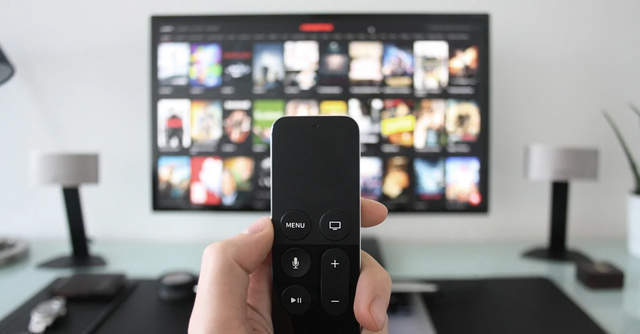
IAMAI issues toolkit for self regulation of OTT players


Industry body Internet and Mobile Association of India (IAMAI) on Thursday rolled out a toolkit for the self-regulation code designed by its signatories.
The development comes days after union minister for information and broadcasting Prakash Javadekar announced that the ministry was ready with guidelines for regulation of OTT broadcast players.
The government brought all audio-visual content, news and current affairs rendered through online platforms under the mandate of the Ministry of Information and Broadcasting through a notification dated November 9, 2020.

On Monday, Javadekar, in response to a question in Rajya Sabha, said that the government had received several representations from the OTT platforms, and had met industry players, including the IAMAI, “... impressing upon them the need for having an appropriate self-regulatory mechanism for content over OTT platforms.”
The implementation of the toolkit by IAMAI is a step in the direction of complying with ministry guidelines.
Effective February 10, 2021, the toolkit proposes that an IAMAI Secretariat, comprising representatives from its signatories, will help in compliance with the code. Apart from this, the Secretariat will also “guide consumers and regulators/government bodies on the grievance redressal system” and redirect complainants to the grievance redressal system of the relevant signatory/non-signatory.

This makes IAMAI an intervening body for all complaints against OTT platforms.
Further, the toolkit requires signatories to create an internal committee to address complaints made by the regulator or government body with the IAMAI. The toolkit advises signatories to constitute an advisory panel as an overarching body on a case-by-case basis. The panel will address complaints escalated by the internal committee or where the complainant is not satisfied with the decision of the internal committee.
“This toolkit amplifies all the critical points that were addressed in the code signed last year and aims to address feedback received from the Ministry of Information and Broadcasting, particularly on strengthening the grievance redressal mechanism,” Amit Goenka, chair of digital entertainment committee at IAMAI, said in a statement.

IAMAI had first floated a draft on self-regulation code for OTT platforms in 2019, calling it the ‘Code of Best Practices for Online Curated Content Providers’ (OCCPs). The signatories to the code adopted in 2020 included 15 industry players, such as Disney Hotstar, Amazon Prime, Netflix, Jio Cinema and Alt Balaji. Aha and Lionsgate Play also adopted the self regulatory code recently, taking the total number to 17.
